Understanding the 3 Categories of Water Damage
Discover the three categories of water damage every property owner should know. Learn about different water damage types and how they can impact your property.
WATER DAMAGE MITIGATION
3/31/20252 min read

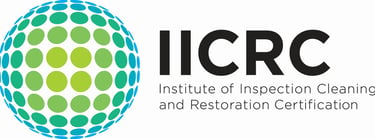
Understanding the 3 Categories of Water Damage: What Every Property Owner Should Know
When water damage occurs in your home or business, the severity of the situation goes far beyond what's visible. At Boone’s Restoration Technologies, we know that the type of water involved plays a critical role in how the damage is handled — and how dangerous it may be.
Water damage is classified into three categories by the IICRC (Institute of Inspection Cleaning and Restoration Certification), based on the level of contamination. Here's what you need to know:
Category 1: Clean Water
Low Risk – But Still Needs Fast Action
This is the least severe type of water damage and refers to water that originates from a clean, sanitary source.
Examples include:
Broken water supply lines
Overflowing sinks or tubs (without contaminants)
Appliance malfunctions (like a leaking ice maker or water heater)
Risks:
While Category 1 water isn’t immediately dangerous, it can quickly degrade to Category 2 or 3 if not cleaned up promptly. Mold can begin growing within 24–48 hours, and clean water can pick up contaminants from surrounding materials like drywall or flooring.
Action:
Fast professional drying and dehumidification are essential to prevent further damage and microbial growth.
Category 2: Gray Water
Moderate Risk – Can Cause Illness
Gray water contains a level of contamination that may cause discomfort or illness if ingested or if it contacts the skin. It may have chemicals, detergents, or microorganisms.
Examples include:
Dishwasher or washing machine discharge
Toilet overflows (without solid waste)
Water from broken aquariums or sump pumps
Risks:
Gray water may contain bacteria, viruses, or other contaminants that pose health risks. Left untreated, it can quickly progress to Category 3 as bacteria multiply and materials break down.
Action:
Professional remediation is strongly recommended. Affected materials often need to be removed and disinfected thoroughly.
Category 3: Black Water
High Risk – Hazardous to Health
This is the most severe and dangerous type of water damage. Black water is grossly contaminated and may contain sewage, harmful pathogens, or toxic substances.
Examples include:
Sewage backups
Floodwaters from rivers or streams
Storm surge or hurricane water
Standing water that has started to support mold and bacteria
Risks:
Exposure to Category 3 water can lead to serious illness or even death. It contains harmful organisms such as E. coli, salmonella, hepatitis viruses, and other dangerous microbes.
Action:
Do not attempt to clean this yourself. Only certified professionals like the team at Boone’s Restoration Technologies should handle black water. We follow strict safety protocols to extract the water, remove contaminated materials, sanitize the area, and ensure your space is safe again.
Why This Classification Matters
Understanding the category of water damage in your property is crucial because it determines:
The level of personal protective equipment (PPE) required
The materials that can be salvaged or must be discarded
The treatment and disinfection process
The potential health risks for occupants
Trust Boone’s Restoration Technologies for Water Damage Response
No matter the category, Boone’s Restoration Technologies is equipped with the expertise, training, and tools to handle water damage quickly and thoroughly.
✅ IICRC-Certified Technicians
✅ 24/7 Emergency Response
✅ Mold Testing & Remediation
✅ Safe Disinfection & Restoration
Don’t wait — water damage only gets worse over time.
📞 Call Boone’s now at (281) 444-5959
🌐 Or request an inspection at boonesrestoration.com
We’re here to restore your property and peace of mind — safely, efficiently, and professionally.


Expert restoration for water, fire, and mold.
Support
© 2025. Boone's Restoration, Inc. All rights reserved.
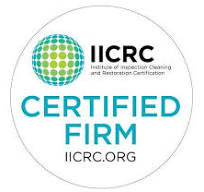

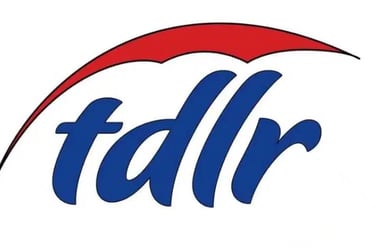

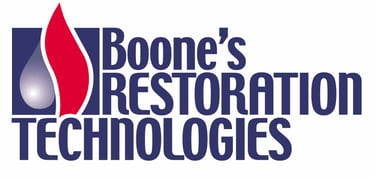

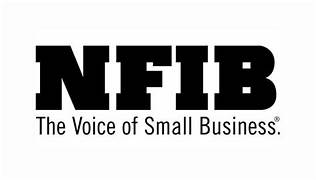

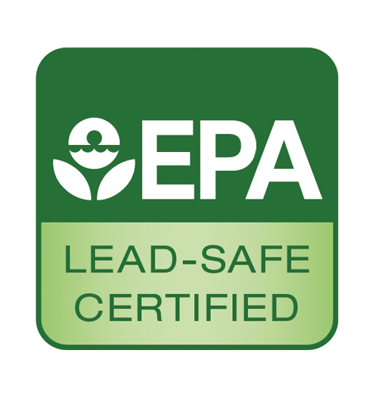

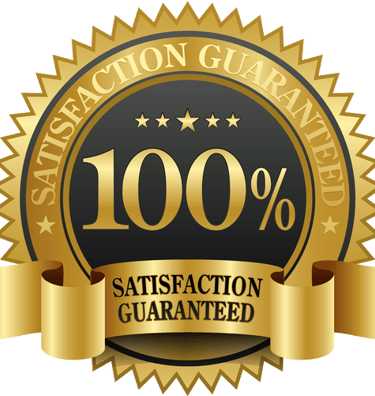

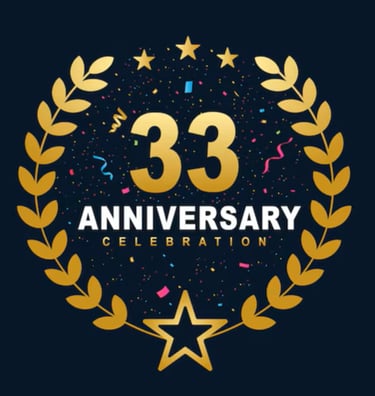

Family Owned & Operated Since 1992
Certified Contractor


